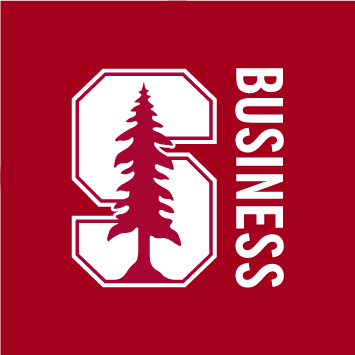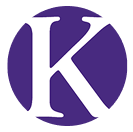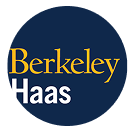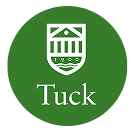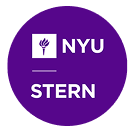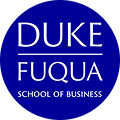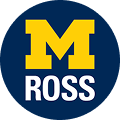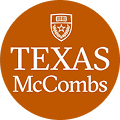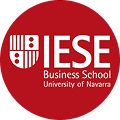Discover the World’s Top MBA Programs
Expert insights to help you choose – and get into – the right business school.
It takes much more than browsing school websites or scanning rankings to find your best fit. A successful MBA applicant digs deeper – into school culture, career outcomes, curriculum design, admissions criteria, and what really sets each program apart.
At Fortuna, our expert team of former admissions decision-makers has helped thousands of applicants get into the world’s most competitive MBA programs. In the profiles below, you’ll find our in-depth perspectives on what makes each school unique, who they’re looking for, and how to position yourself for success.
Whether you’re comparing Harvard vs. Stanford, exploring European MBAs like INSEAD or LBS, or are focused on the “M7” (Magnificent 7 US schools), our school-by-school insights will help you make a smart, strategic choice – and strengthen your path to admission.




